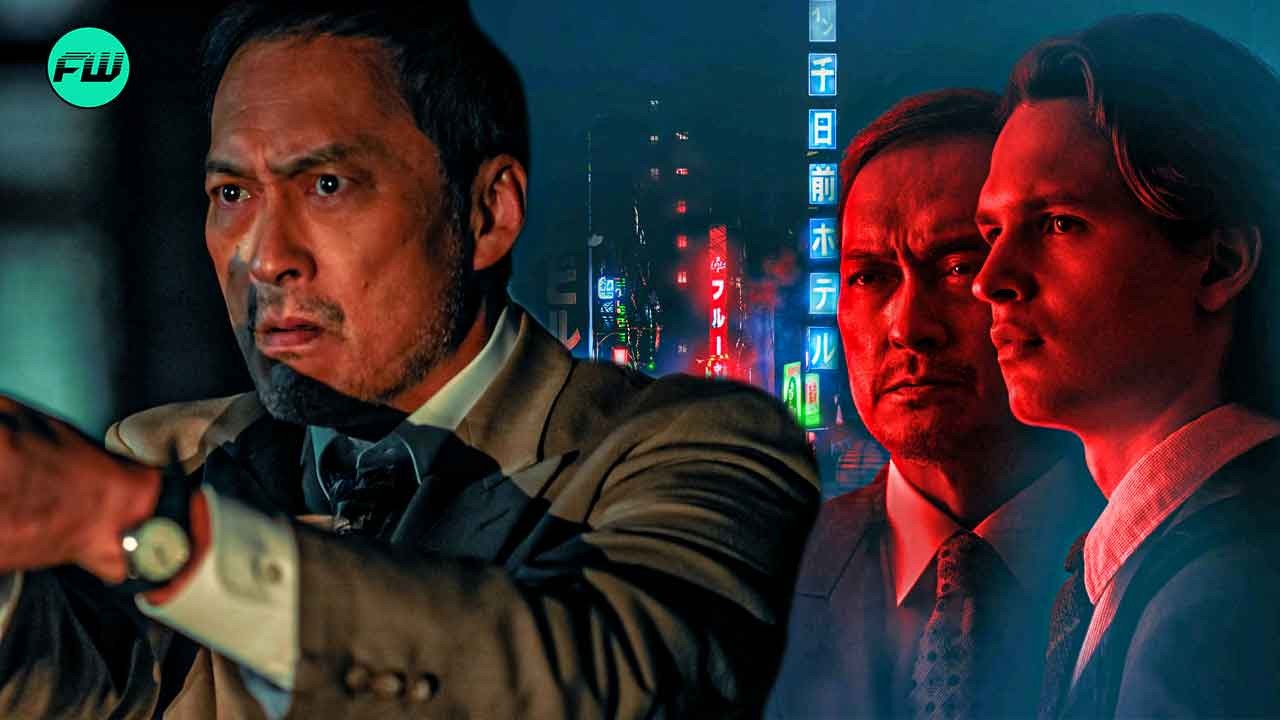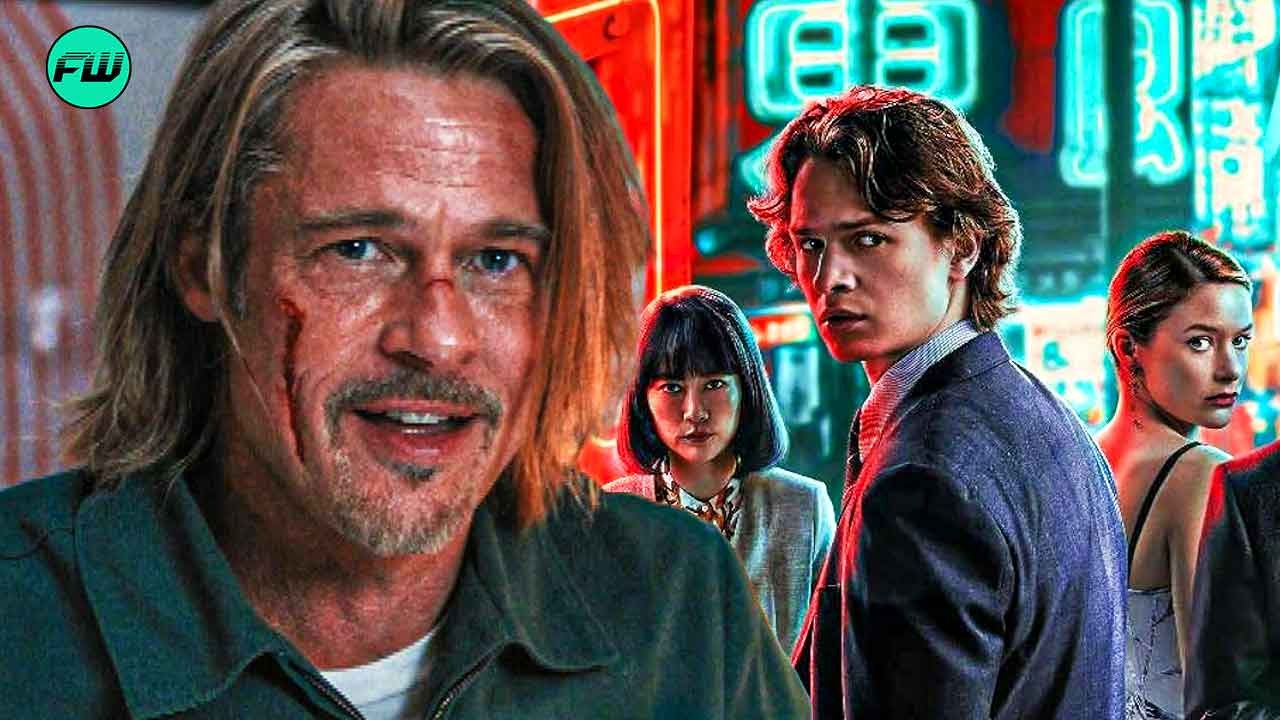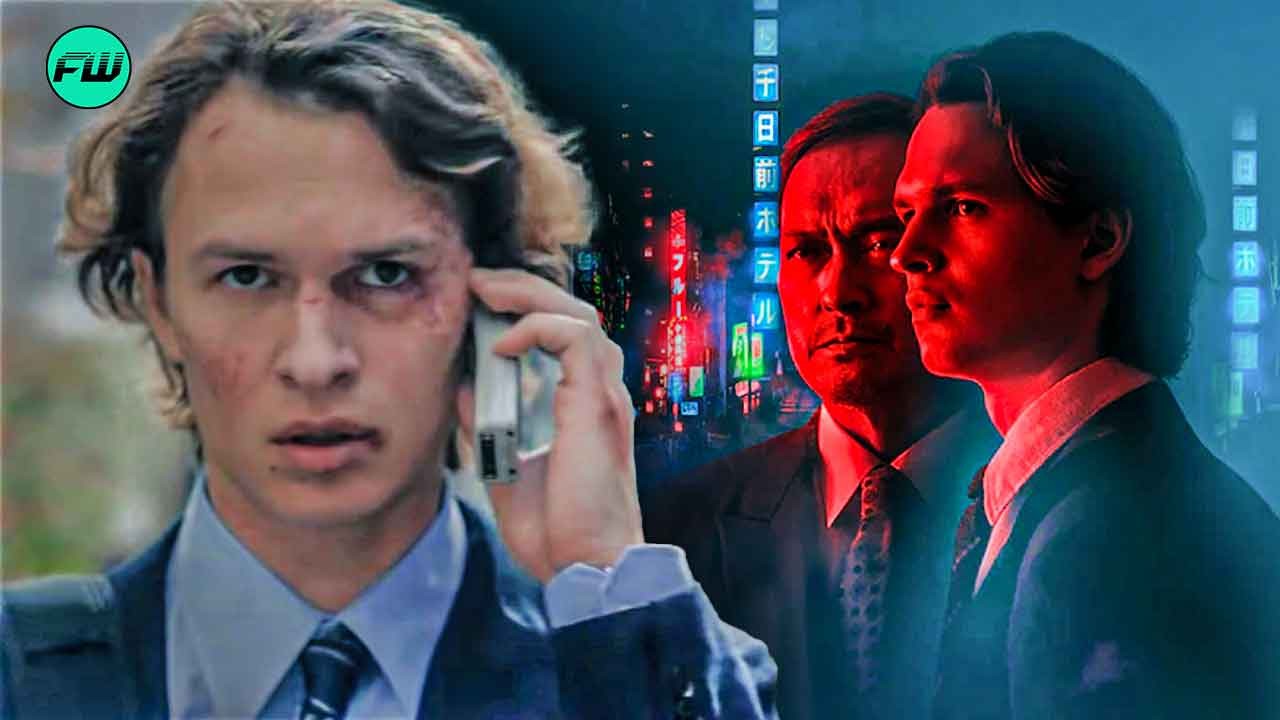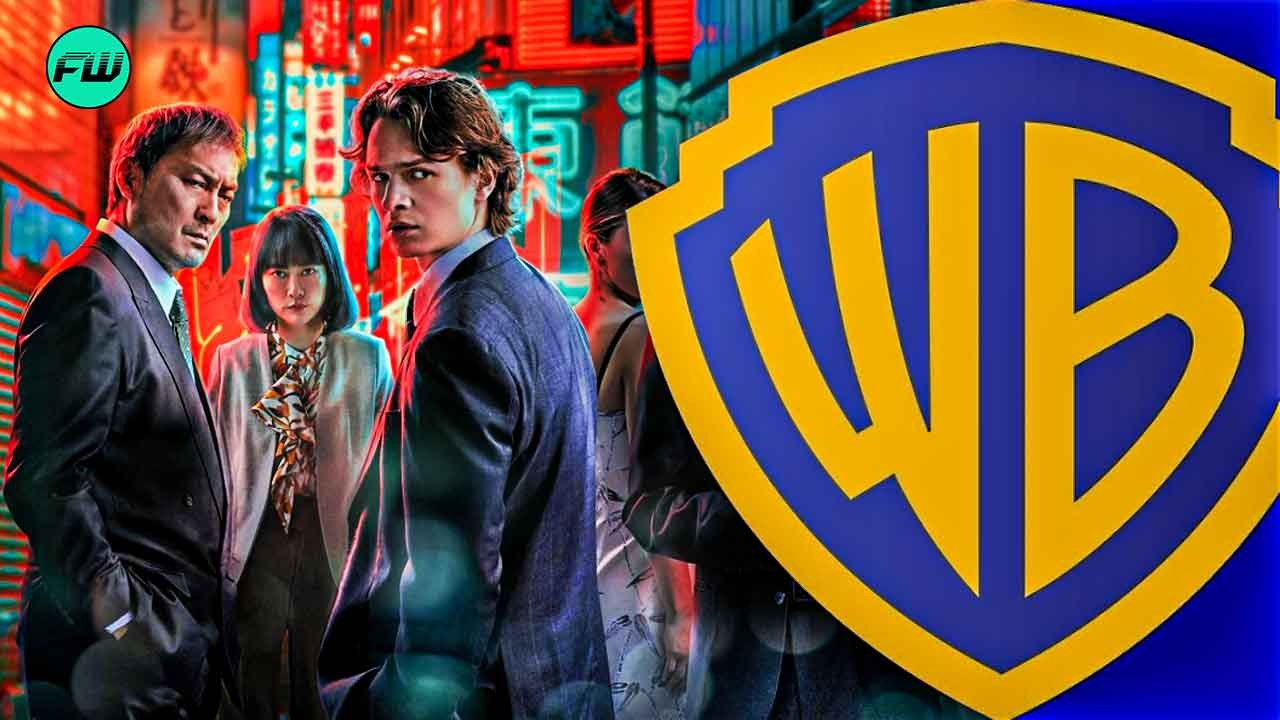This is a highly competitive filmmaking industry, and there are often numerous obstacles that must be overcome in order to bring a project to life. Few, however, have faced a far more daunting challenge than the team behind the HBO Max series Tokyo Vice. The behind-the-scenes making of this project—created by J. T. Rogers—is a truly inspiring tale that merits a drama series of its own.
Starring Ansel Elgort and Ken Watanabe, the crime drama series aired its second season in February of this year. The show’s plot revolves around an American journalist ( Jake Adelstein) stationed in Tokyo who, with the help of a seasoned detective, tracks down the city’s yakuza-run criminal underworld.
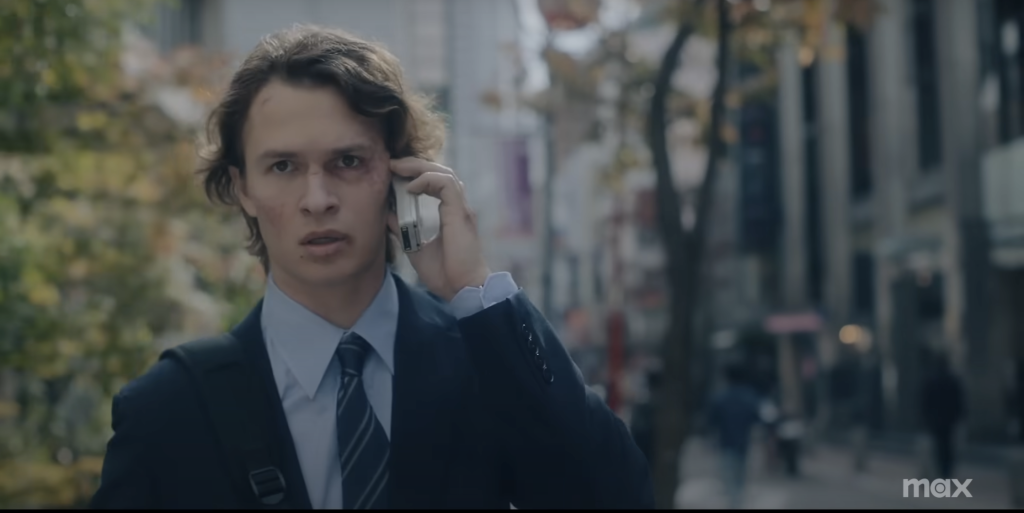
Nevertheless, there is no better way to introduce Tokyo Vice than by having it filmed in Tokyo, Japan. Although it first appeared to be an exciting adventure, the team discovered that it was actually one of the most challenging aspects of the project.
Exclusive Insights: Inside the Making of Tokyo Vice
Right from the beginning, when they started working on Tokyo Vice, the Max team set out to be authentic and faithfully capture the central plot. Max did not want to approach Tokyo Vice from the perspective that the mainstream pop culture of today portrays Japan as. Instead, they wanted to learn more about this country’s darker sides and the vast world of crime, not just the serene, picturesque scenery.
Filming for the first season took place amid the pandemic. According to a THR report, the cast and crew began filming in Tokyo in March of 2020. However, they were forced to halt filming due to the COVID-19 pandemic, and they resumed the following November.
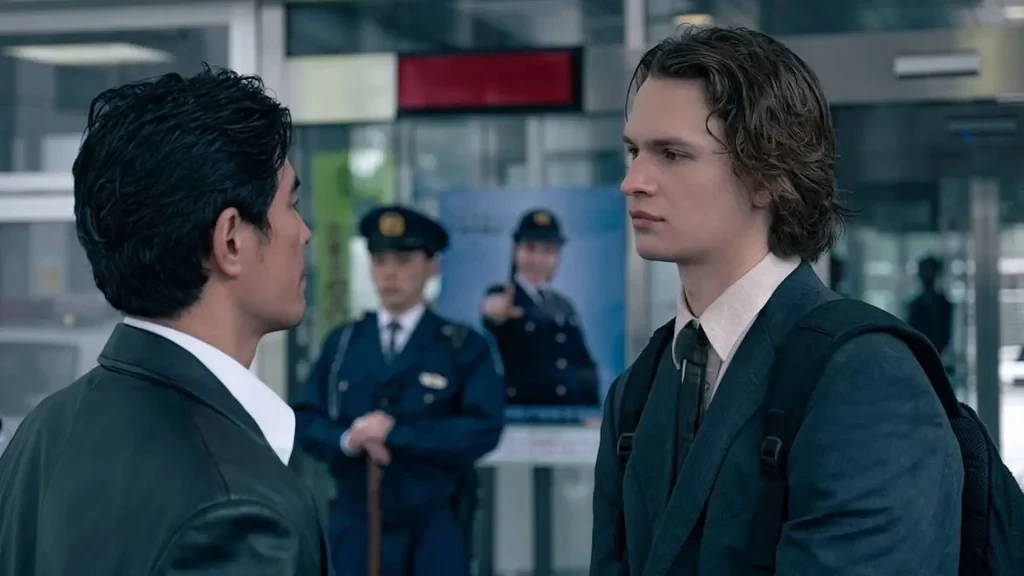
The team had to film in the nation’s capital again after the show was given a second season renewal. Max executive Sarah Aubrey disclosed the following in a recent interview with The Hollywood Reporter:
“The was never a question about whether we were going to shoot Tokyo Vice entirely in Japan–This wasn’t going to be a story set in the American embassy with few excursions out into the rest of Tokyo. It’s an immersion into Japanese culture through that city’s crime world — and that was the main selling point for me and the network.”
Not to mention the challenges of working in Japan, which were illustrated by the team’s amazing efforts to secure the Akasaka shoot. The “location process here, like everything else, is incredibly labor intensive”, as Tokyo Vice Executive Producer Alan Poul put it.
The producer-director, 69, elaborated:
“It involves taking a small gift — a box of sweets or rice crackers — to every shop owner and sitting down with them to cultivate a relationship. Their primary concern is going to be that the shoot will not disturb their neighbors and regular customers, because your relationship with those around you is sacrosanct in Japan.”
Thus, the team divided into groups and went through the customary steps to find a location in Japan; in this case, they approached each of the over 300 bars and stores visible from the Akasaka building that they wanted to film.
Behind the Scenes: How Japan’s Cultural Imperatives Impact Location Filmmaking?
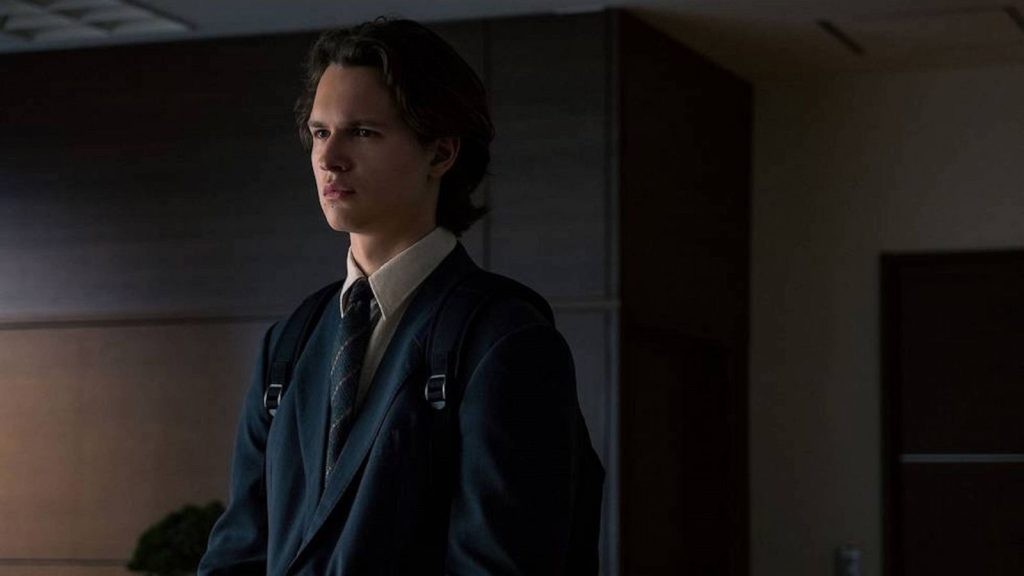
This may not appear to be a big deal at first, but when you consider the strict regulations and red tape involved in filming in a country like Japan, you realize how monumental this feat was.
According to Alan Poul, these civic-minded cultural imperatives contribute to Japan’s “highly functional and pleasant” atmosphere, but they also make location filmmaking—an unavoidably intrusive endeavor—extremely difficult. He continued, saying:
“If you can’t give [the shop owner] a strong sense of assurance that you’re going to be thinking on their behalf, it doesn’t matter how much money you offer as a location fee.”
The locations team for Tokyo Vice also had to take into account regional concerns that were surprisingly relevant to the themes of the crime series. Poul added with a smile:
“We’ve come a very long way, but we’ll never quite get it all.”
Variety claims that the police department made it difficult to get shoot permits and was not very helpful to foreign productions. Productions planning scenes with only a day’s notice would find it difficult, as a source close to the film industry claimed that obtaining a location permit took at least three to four days.
Bullet Train was one of those films that was set in Japan but could not be shot there; instead, it was filmed on sound stages in Los Angeles. Architectural Digest claims that the Brad Pitt flick used virtual production volume engines to imitate the Shinkansen, or Japanese bullet train, on sound stages.
However, through sheer determination and perseverance, the team behind Tokyo Vice was able to successfully secure the locations required to bring their vision to life. It was not easy, and there were definitely moments of frustration and doubt along the way, but in the end, their efforts paid off!
Stream Tokyo Vice on Max.

